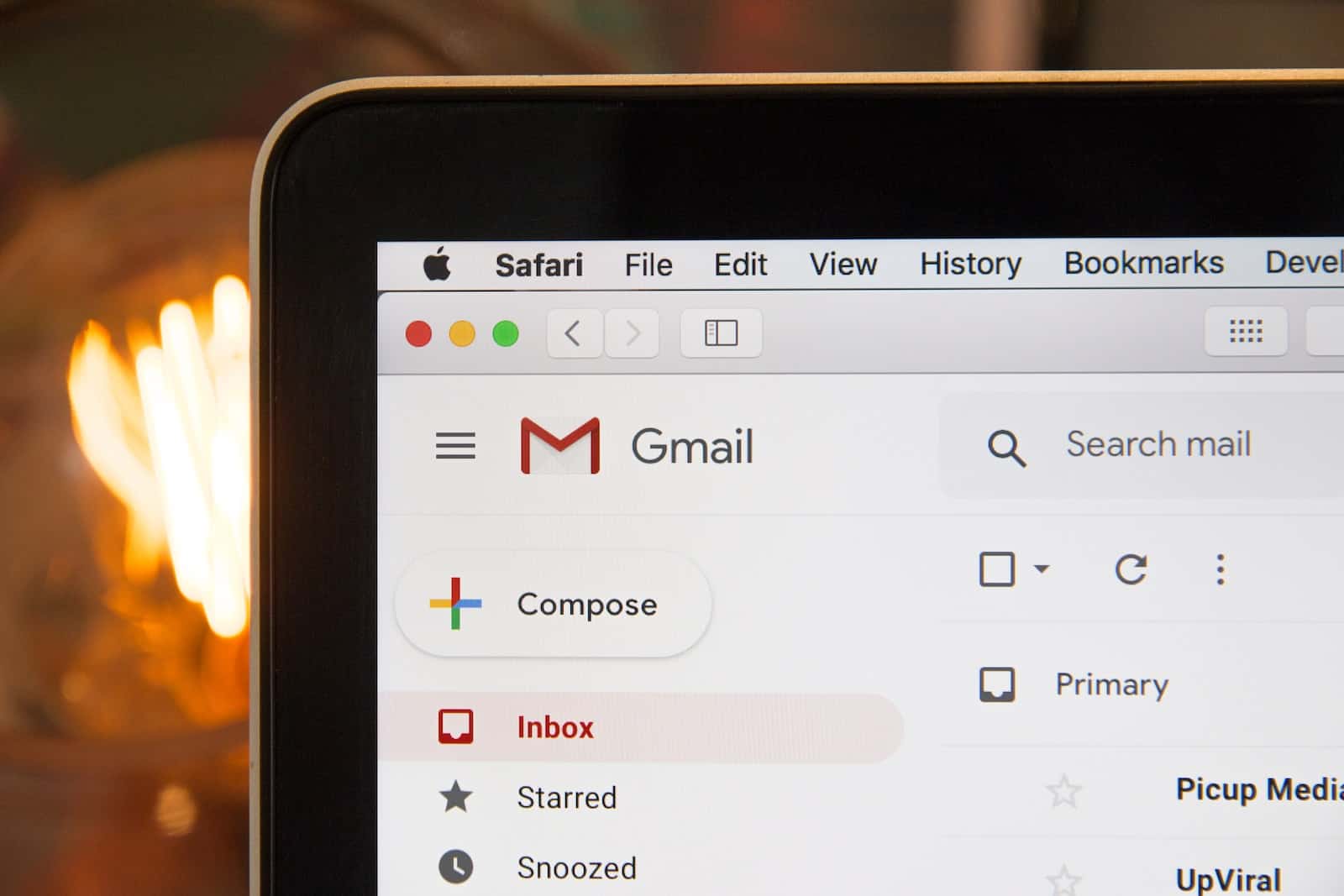For Windows users, finding the right email platform to manage personal and professional communications can greatly impact productivity and collaboration.
But with so many different choices for email for Windows devices, you need to make sure you choose one that truly enhances your email management experience.
Before committing to an email client, it’s important to consider several factors to ensure you’re making the best choice. That way, you know you’re signing up for an email tool that will work out for you in the long run.
Table of Contents
Check for These Things Before You Choose a Windows Email Client
User-Friendly Interface
One of the primary factors to consider when choosing an email client is its user interface. A user-friendly interface can significantly impact your email management efficiency, making all the difference between a platform that provides the bare necessities and one that is truly enjoyable to use and helps you get more done in less time.
Look for an email client that offers a clean and intuitive layout, making navigating through your inbox, composing messages, and managing emails and attachments easy.
Compatibility and Integrations
Before committing to an email client, ensure that it is compatible with your version of Windows. Compatibility issues can lead to frustrating experiences and hinder your productivity.
Additionally, consider the integration capabilities of the email client. A good email client should integrate smoothly with other applications you use, such as calendars and cloud storage services. These types of integrations can streamline your workflows and help you stay organized.
Security Features
When choosing an email client, prioritize those that offer robust security features. Look for clients with strong encryption protocols to protect email communication from cyber threats.
You should also make sure that the client doesn’t store unnecessary data and doesn’t monetize your data in any way.
Customization Options
Personalization of your email management experience plays a big role in how efficient your communications are.
A versatile email client should provide ample customization options, allowing you to tailor the interface, notification settings, and other features to match your preferences.
Configuring your email client according to your unique needs ensures that you have a comfortable and efficient email environment, as well as one that you enjoy working in.
Email Organization and Search Capabilities
Efficient email organization and search functionalities are crucial for managing a busy inbox. An ideal email client should offer powerful search features that enable you to quickly locate specific emails based on keywords, sender, date, and other criteria.
Furthermore, creating folders, labels, and tags can help you categorize and manage your emails effectively, making it easier to find important messages when needed.
Lastly, some intelligent email filtering functionality automatically filters out low-priority messages like newsletters, app notifications, and marketing emails is something else to look out for that can improve your inbox’s organization.
Performance and Speed
A sluggish email client can be a major hindrance to your productivity. Before committing, evaluate the performance and speed of the client.
A responsive email client that loads quickly, switches between folders seamlessly and handles large attachments efficiently can make a major difference in your email management experience.
Customer Support and Updates
Last, but not least, you want to make sure any email client you commit to has reliable customer support for when you encounter issues or have questions about your email platform. Research the client’s customer support options, including user guides, FAQs, and responsive customer service channels.
It’s also important to check the client’s track record for updates and improvements. Regular updates indicate that the developers are actively addressing bugs and security vulnerabilities and enhancing the client’s features, providing an email experience that’s well-maintained and continuously improving.
The Bottom Line
Choosing the right email client for your Windows device is a decision that can have a big impact on your communication, collaboration, organization, and productivity.
When considering factors like user-friendliness, compatibility, security, customization, organization features, speed, and customer support when deciding on an email client, you can make an informed decision that aligns with your email management needs.
Remember that the ideal email client should seamlessly integrate into your existing workflows and provide a smooth experience, helping you stay on top of your emails and tasks efficiently and get more done in less time.
